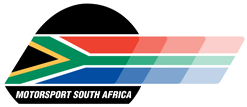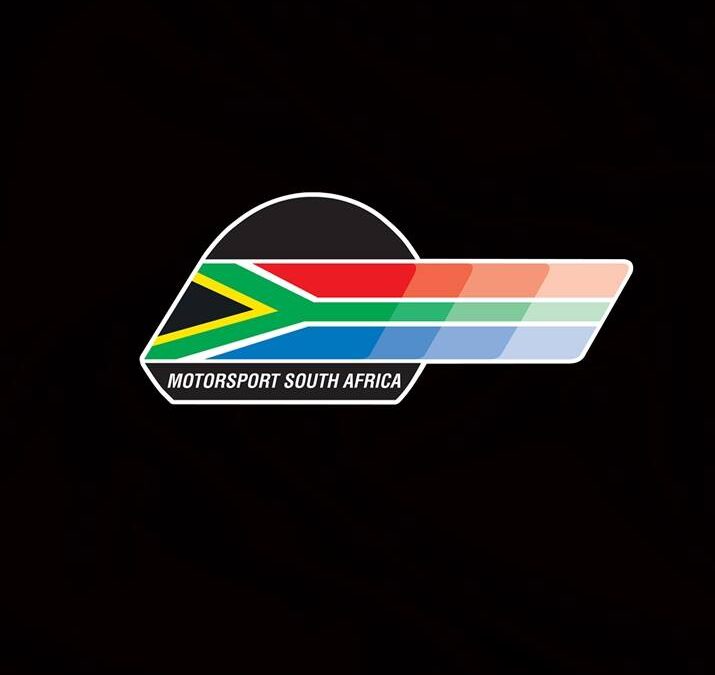Millions of young people take part in sporting activities every day across the world, for various reasons. Most do it for fun, others as part of development programmes, and then there are those who see a particular sport as their chosen future career path.
Taking part in sport can help both children and adults feel fitter, healthier and mentally strong, among many other benefits. However, there can also be a darker side to sport and this is where Safeguarding comes in.
Safeguarding is aimed at protecting vulnerable people within sport, such as children, people who are mentally and/or physically challenged and members of the LGBTQ community.
According to Adrian Scholtz, CEO of Motorsport South Africa (MSA), it is well documented that harassment and abuse occur in all sports, at all levels. This is why Safeguarding is so important, to protect not only participants and officials, but also the integrity of the sport.
“Children and other vulnerable people have the right to participate in sport in a safe and enjoyable environment but we know today, from research and evidence, that sport in general does not always focus on the rights of children or vulnerable adults – or sometimes fails to fully consider the risks to these groups.”
“Thankfully, this situation has changed over the past 15 years or so, through the widespread adoption of Safeguarding regulations and policies in sport. Safeguarding requires a proactive mindset from all those involved in sport, as well as active protection of the rights of children and vulnerable adults, and is an area that has taken on critical importance.”
Scholtz further elaborates that participant safety and welfare are a key pillar of MSA’s strategy to inspire and enable more people to participate in a safe, fair, fun, inclusive and progressive environment.
To this end, MSA has adopted a Safeguarding Policy and expects the support and co-operation of all parties involved in motorsport to promote the values of safe motorsport for all and thereby protect the integrity of the sport.
Scholtz adds, “Everyone involved with MSA events, but particularly those deemed to be vulnerable individuals or groups, has the right to enjoy the activities in a safe and respectful environment without any fear of misconduct or inappropriate behaviour from others. All forms of harassment and abuse constitute a breach of human rights and may, in certain instances, constitute a criminal offence.”
MSA is aware that there is a fair amount of informal coaching, outside of MSA’s ambit, that takes place within South African motorsport. This is a complex subject and any formal accreditation process that MSA may adopt in the future will require coaches to not only have the requisite skills and experience, but will also be required to undergo various background checks. Scholtz says this constitutes a work in progress for MSA but, in the meantime, parents and carers are urged to satisfy themselves that their children or wards are only coached by people that they know and trust. Ideally, parents or carers should also be physically present at all times when their child or ward is being coached to ensure their protection as best as possible.
“It is the responsibility of everyone in motorsport, in whichever way, to assist in identifying and preventing any kind of harassment, abuse or discrimination; and to develop a culture of dignity, respect and safety in the sport. It is clearly the right thing to do,” he concludes.
Anyone who experiences or witnesses any form of abuse or inappropriate behaviour in violation of MSA’s Safeguarding Policy, is encouraged to report this (anonymously if they wish) to safeguarding@motorsport.co.za – MSA has a designated staff member who will assist with any reports or queries in a highly confidential manner.
All motorsport participants are welcome to contact MSA for a copy of its current Safeguarding Policy. The policy can also be downloaded from the MSA website – www.motorsport.co.za
Childline Toll-Free Crisis Line 080 005 5555
PREPARED ON BEHALF OF MSA BY CATHY FINDLEY PR

